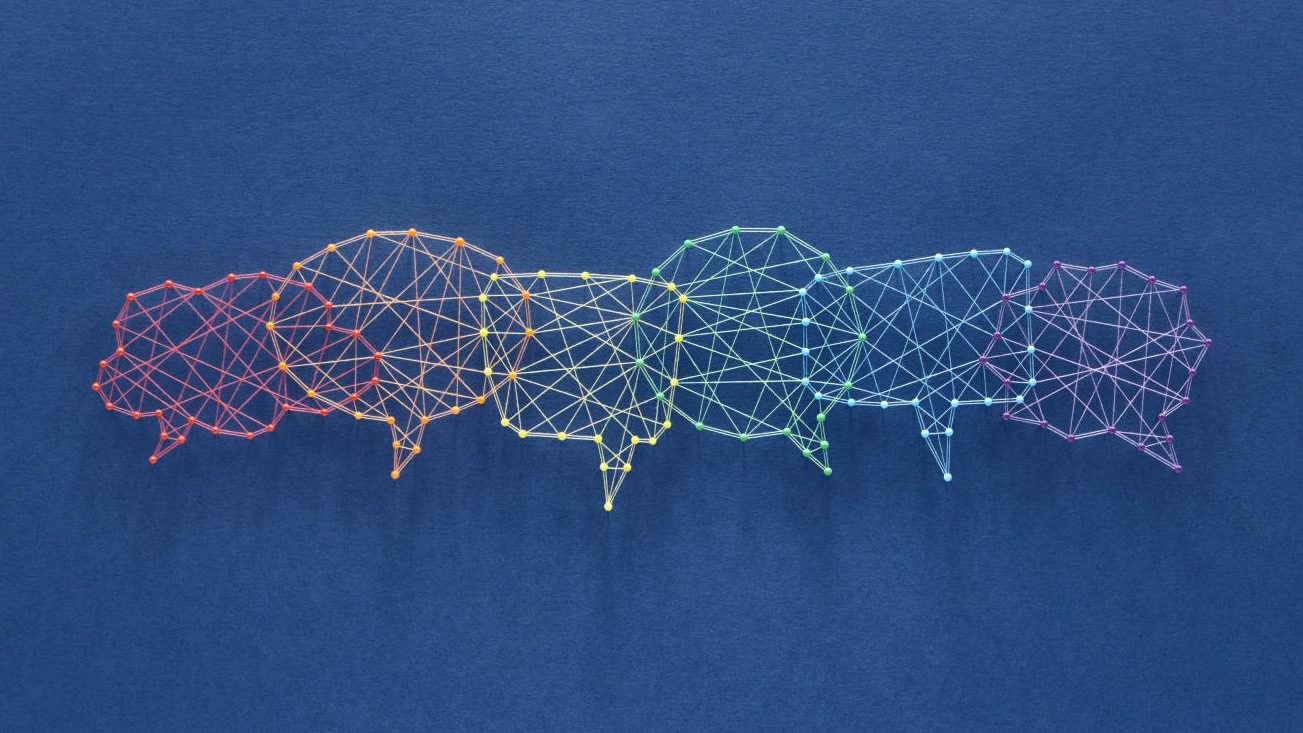
RIC-KI (Research Ideas Catalogue – Knowledge & Impact) is a new platform that connects researchers who have great ideas, but not necessarily the time or resources to develop them on their own.
Asking researchers to openly share their ideas is a huge departure from the typically secretive nature of academic research. Many people might wonder why anyone would give their ideas – their key assets – away freely. Whilst we do have a number of security and privacy measures in place, our ambition is to change the mindset of researchers to consider sharing their ideas to help their research go further, faster.
Our ideas alone benefit no-one. In health sciences, our work has huge potential to improve the health and well-being of the whole population. It’s critical that we convert these ideas into impactful research – even if it requires a new way of working, and breaking down the barriers that have kept researchers working in isolation and in competition with each other.
Every researcher has a few great ideas with bags of potential that will never see the light of day. Maybe the ideas are too big to get started on, they rely on knowledge or equipment the researcher doesn’t have access to, or the strain of the myriad demands of the academic workload kick the more ‘outside-the-box’ ideas into the long grass. For an idea that stands little-to-no chance of coming to fruition, there’s nothing to lose by sharing it with others who could turn it into a live project and, ultimately, impactful research.
Exploring alternative routes to collaboration offers a new way to support early career researchers and marginalised academics. Many established researchers have spent years on the conference circuits, talking about their research to a wide audience of their peers, benefitting from their feedback and the networking opportunities that these events offer. But after almost two years of disruption from Covid-19 and the increasing pressures on university budgets, many academics find themselves unable to travel in the same way, as well as researchers whose personal circumstances prevent them from taking time away from home.
RIC-KI treats researchers as equals. Early career researchers’ ideas are listed alongside those of renowned professors. Any researcher can express an interest in any idea, as long as they meet the criteria specified, regardless of their institution, career stage or funding. This enables new collaborations that would never have come about, producing fresh perspectives on research questions through new combinations of skills and expertise.